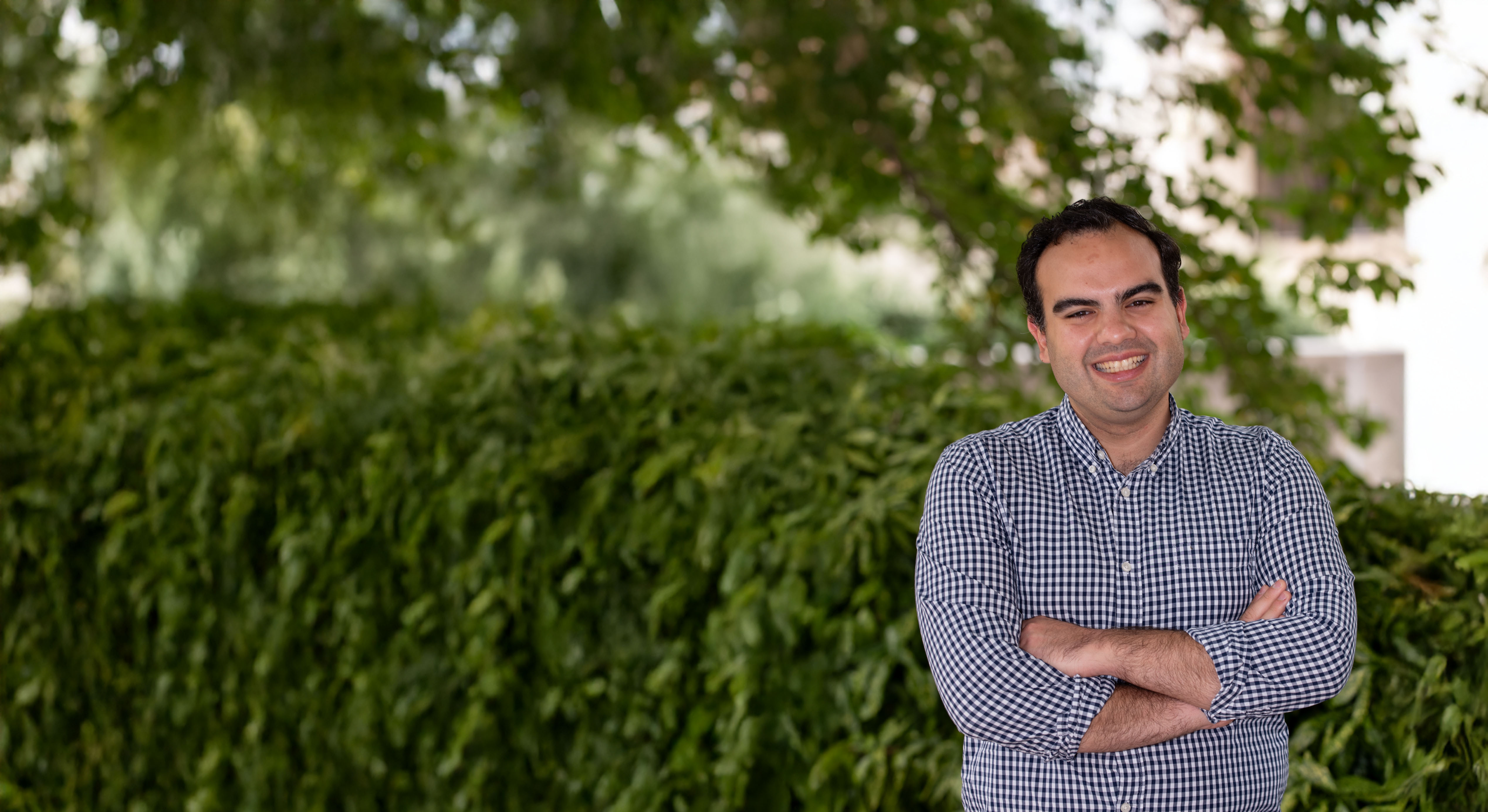
Faculty Spotlight Omeed Firouzi
Combining policy and practice to help low-income taxpayers
Omeed Firouzi
Practice Professor of Law
Director of the Low Income Taxpayer Clinic
By Suzi Morales
Omeed Firouzi went to law school for the same reason many law students do: to make a difference in the world.
A self-described political junkie with an undergraduate degree in political science and government, Firouzi found a niche for his altruism early in his career: helping low-income individuals navigate the seemingly arcane area of U.S. tax law. Today, Firouzi is a practice professor of law and director of the Low Income Taxpayer Clinic at Temple University Beasley School of Law, where he represents clients in matters before the Internal Revenue Service, educates the public about rights and remedies, and researches and writes on tax law and policy.
An interest in tax policy
As an undergraduate student at The George Washington University in Washington, D.C., Firouzi became interested in the social safety net and anti-poverty programs, many of which he says are found in the tax code. In law school, this interest led him to become the program coordinator of the Volunteer Income Tax Assistance Program at Villanova University Charles Widger School of Law. After law school, he took a position as a staff attorney at Philadelphia Legal Assistance helping low-income taxpayers.
While at Philadelphia Legal Assistance, Firouzi enjoyed not only direct client service, but also supervising interns and blogging and speaking at conferences on tax justice issues. So he was eager to bring his scholarly and practical interests to leading the Temple Low Income Taxpayer Clinic.
Each semester, clinic students handle three to five cases each helping low-income clients deal with issues with the Internal Revenue Service including audits, back-taxes, and misclassification of workers as independent contractors rather than employers, which results in a heavier tax burden. Clinic students also provide education and community outreach.
In addition to representing taxpayers, Firouzi also writes and speaks on tax issues for audiences from practitioners to ordinary taxpayers. He has written a chapter on worker misclassification in the American Bar Association Tax Section’s “Effectively Representing Your Client Before the IRS.” He also hosts the “Tax Justice Warriors” podcast, in which he interviews tax experts. Last season, he interviewed some of his own students about their experience with the clinic.
The former political science major doesn’t rule out running for office one day. As a college student, Firouzi interned for state and U.S. representatives from the Wilkes-Barre/Scranton, Pennsylvania area, where he grew up. “I’ve seen how legislators are able to affect change and not just do that at a broad level with legislation that they help pass but also individual constituent service levels,” he says. Still, he notes, “I’m not in a rush to do that anytime soon.”
Ending on an optimistic note
Firouzi says he tries to end each class session on an optimistic note, “because there are a lot of cynical, negative things we could talk about – and do talk about – in the class, but I’m optimistic because we’re at a very important point in tax policy and in tax law debates.”
“We see that there’s some recognition increasingly in public opinion and even among some politicians of the importance of tax as a means for achieving these goals of social and economic justice and wellbeing.”
Omeed Firouzi
He believes the next few years will see an opportunity to shape policy through programs like the Child Tax Credit. In other words, he is optimistic about how tax policy is being used to do what he’s wanted to do all along: make a positive difference.
